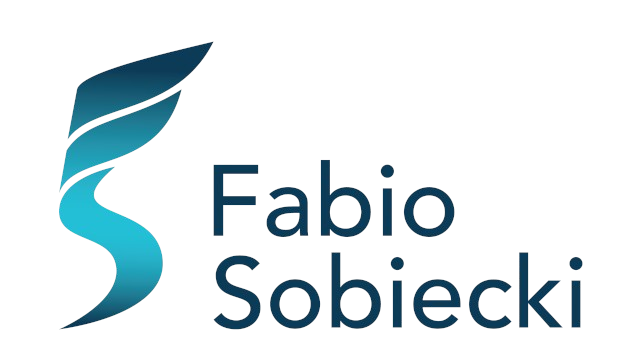I obtained my CISSP certification in 2009, after attempting the exam for the second time, which that year was only in paper format.
Currently, the certification exam is in a new format, which adapts to your answers and can have fewer than 250 questions.
You’ve probably already seen all about the race, asked your friends and made up your mind about achieving this goal.
What I’d like to add here is how I developed a “contestant” technique for this exam and then used it for all my other certifications, with great success.
On my first attempt, I already had some experience in certification exams and had just completed my specialization in network and systems security. I misjudged that I already had all the content in my head and experience in exams, and I went in with an “open chest” to fail the exam.
The result took days, because the test had to be returned to Clearwater, FL for correction. And the obvious result was failure.
Talking to my wife, who had already studied a lot for medical entrance exams, she gave me a series of techniques to overcome a long test like the CISSP.
4 essential tips for preparing for the CISSP
- Study all the content on the syllabus, no matter how much you think you have experience working with it in your day-to-day life, or how “boring” you think the subject is. At least read it, and you’ll be surprised to learn a few new things;
- Read or watch the lessons until you can explain to a layperson what you’ve just read or learned. Anyone who teaches must really learn, so as not to come across as a phony.
- Know your pace without losing focus, which means you need to do a few mock exams and figure out how many questions you can answer, without going into “automatic mode” and starting to think outside the box. In the CISSP exam, you can’t afford to miss questions because you’re not focused. I managed to train myself to answer 50 questions without losing focus, so every 50 questions I answer, I stop, have a drink of water or a snack, or just relax and stretch if I’m in an exam room. The important thing is to stop, take a breath and then come back for another battery of 50 questions. With the current exam, perhaps this metric should be a break every 20 or 15 questions.
- Rest well for the race. Schedule the exam for first thing in the morning and the night before go to bed early and relax, don’t study the night before your exam. The knowledge is already in you, if you’ve really followed the steps. So relax, because a rested mind makes better decisions. If you’re not sure, do some research into decision-making in people with sleep restrictions. If possible, also avoid alcohol. Alcohol reduces your body’s hydration and consequently your brain will be a little more impaired in the event of a hangover, however slight.
Sourcebook
I studied and still recommend the classic CISSP All-in-One Exam Guidewhich was initially written by Shon Harris, who passed away in October 2014, but who left a legacy and his work has been revised by Fernando Maymi.

